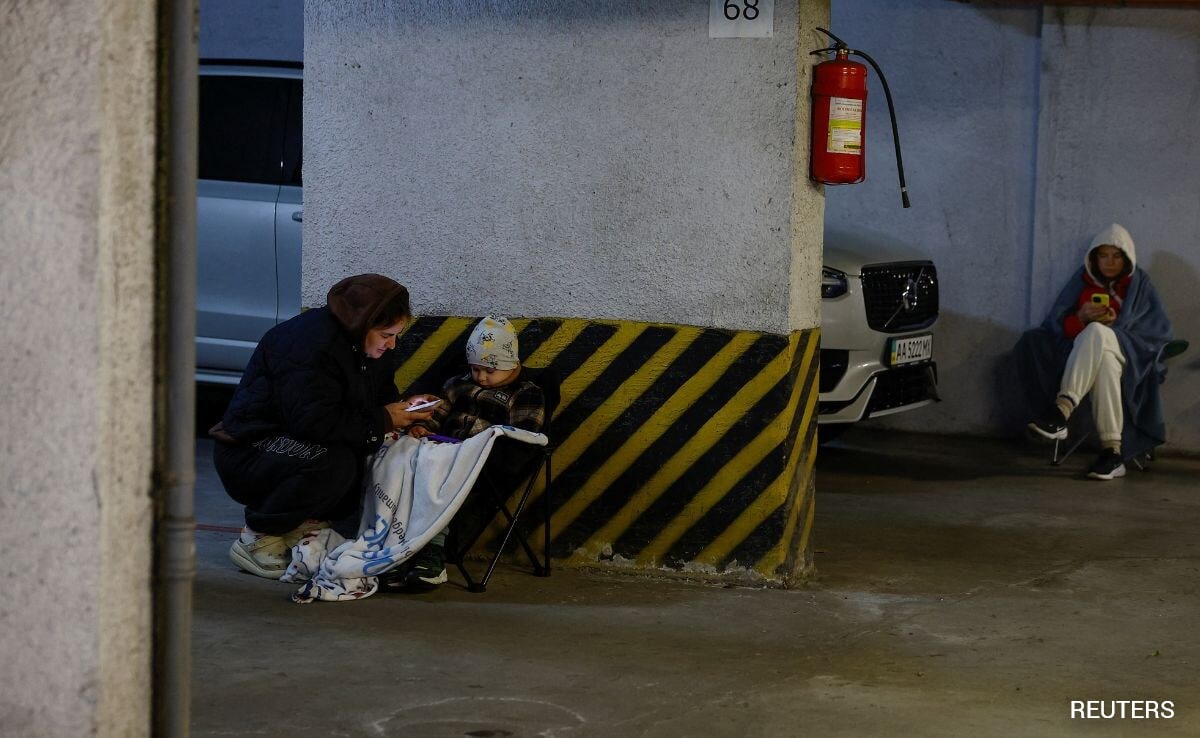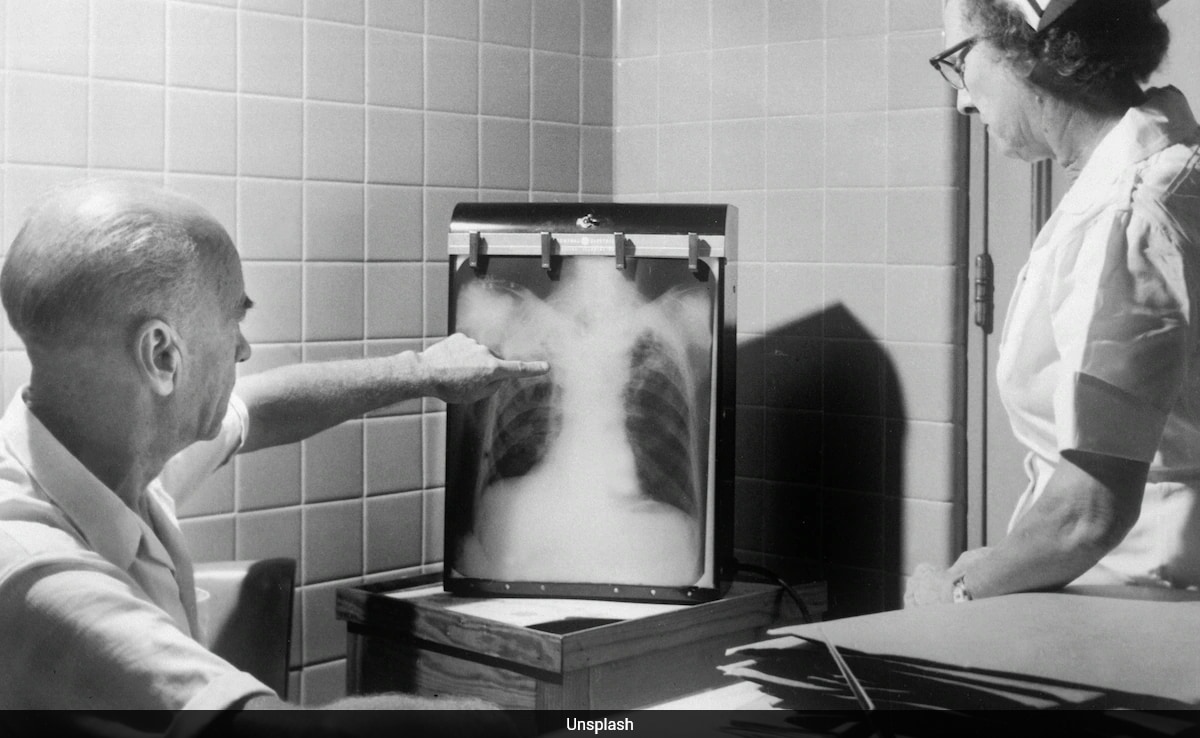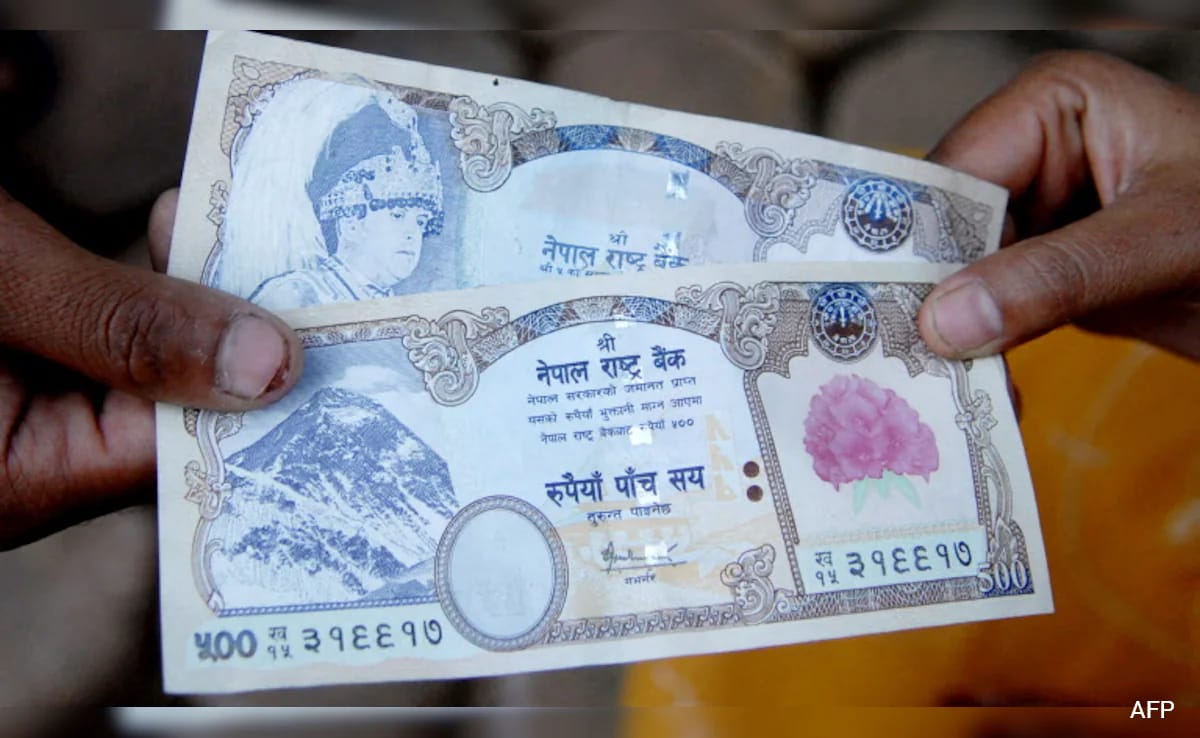In Russia, under President Vladimir Putin, journalists have been assassinated and many independent new outlets have closed or been taken over by Kremlin-friendly oligarchs.
Berit Reiss-Andersen, chair of the Norwegian Nobel Committee, praised Ressa and Muratov for their long, courageous struggle for freedom of expression. She called them representative of “all journalists who stand up for this ideal in a world in which democracy and freedom of the press face increasingly adverse conditions.”
She added that ethical, independent journalism was a vital prerequisite for democracy and the avoidance of war and conflict, highlighting the dangers of fake news and disinformation on social media.
“Free, independent and fact-based journalism serves to protect against abuse of power, lies and war propaganda,” she said.
“Giving the peace prize to two very courageous outstanding journalists that have proved excellent in their profession really illustrates what it means to be a journalist and how you exercise freedom of expression even under the most difficult and destructive circumstances,” she said.
In a tearful interview right after the award was announced, Ressa described it as “a recognition of the difficulties, but also hopefully of how we’re going to win the battle for truth, the battle for facts: We hold the line.”
In a subsequent interview, she added that “the fact that a journalist from the Philippines and Russia won the Nobel Peace Prize tells you about the state of the world today.”
Muratov said the prize was a tribute to the courage of his newspaper’s journalists, not to him.
“I’ll tell you this: This is not my merit. This is Novaya Gazeta. It is for those who died defending the right of people to freedom of speech. Since they are not with us, they [the Nobel Committee] apparently decided that I should speak for them,” he told Tass news agency.
Novaya Gazeta is one of the few strong, independent newspapers surviving in Russia, where Putin’s government has mounted a sweeping crackdown on independent journalists.
Former Soviet leader Mikhail Gorbachev, who won the Nobel Peace Prize in 1990, donated part of his prize money to buy the paper’s first computers and owns a part of the newspaper.
“This is good, very good news, not just news, but an event,” he said Friday. “This is a great addition to our ranks, among the Nobel laureates. This award raises the importance of the press in today's world to great heights.”
Gorbachev won the prize for allowing the Berlin Wall to fall and bringing the Cold War to a peaceful end.
“I congratulate a wonderful, brave, honest man, a journalist, my friend Dmitry Muratov. I will certainly congratulate him personally as soon as I can contact him. Well done, keep it up,” he said.
Joel Simon, executive director of the press watchdog, the Committee to Protect Journalists, itself a nominee this year, called it “a powerful recognition of their tireless work, and that of journalists all around the world. Their struggle is our struggle.”
Muratov, who co-founded Novaya Gazeta in 1993, has for decades “defended freedom of speech in Russia under increasingly challenging conditions,” the committee said.
Independent news media in Russia are under increasing pressure as President Vladimir Putin crushes opposition members, activists, human rights lawyers and civil society in the run-up to 2024 presidential election.
Russian authorities have labeled 26 independent media outlets as “foreign agents,”or “undesirable organizations,” threatening their survival, and also applied similar designations to 47 individual journalists, labels that carry echoes of the Soviet past when individuals were branded enemies of the state. Independent journalists have been harassed, searched and arrested, and many have fled the country.
Kremlin spokesman Dmitry Peskov said he was pleased to congratulate Muratov for the award and described him as “talented and brave” and “committed to his ideals.”
The award could possibly extend some kind of protection to Russia’s broader community of journalists, said independent editor, journalist and political analyst Yevgenia Albats.
“I hope that this status of Muratov will protect Novaya Gazeta from being designated a foreign agent,” she said, in comments to Russian media. “I hope it will help Russian journalism to survive in these difficult conditions.”
Since its founding, six journalists from Novaya Gazeta have been killed, including Anna Politkovskaya, who reported fearlessly on human rights abuses in Chechnya and was shot dead outside her apartment in 2006.
Yuri Shchekochikhin was investigating Russian authorities’ role in a series of 1999 apartment bombings for Novaya Gazeta when he contracted a mysterious illness in July 2003 and died suddenly. His medical documents were deemed classified by Russian authorities.
Natalia Estemirova, a close friend of Politkovskaya, investigated and exposed the torture, enforced disappearances and murders of civilians in Chechnya. In 2009, she was kidnapped outside her apartment in Grozny, Chechnya, and her body was found in neighboring Ingushetia. She was fatally shot execution-style.
The newspaper has reported on corruption, electoral fraud, police violence, Russian military actions and the presence of Russian mercenaries in Syria, Africa and elsewhere.
In the case of Ressa, the Nobel committee’s statement said she exposed abuses of power, the use of violence and the “growing authoritarianism in her native country, the Philippines.”
Ressa, 58, is the chief executive of the Rappler news website, which she co-founded in 2011 after covering Southeast Asia for two decades for CNN.
Under the administration of Philippine President Rodrigo Duterte, Ressa herself and her news organization have repeatedly been targeted through campaigns of online harassment and criminal charges, which have been widely seen as politically motivated. Time magazine named her, along with other journalists, a “person of the year” in 2018.
Ressa was found guilty of cyber libel in June 2020 and has spent recent years shuttling back and forth to courts in the Philippines, defending herself and her news organization against a litany of charges.
Ten arrest warrants were issued for her in less than two years, and she is fighting nine separate cases. Throughout, she has remained a staunch advocate of freedom of the press. After her conviction last year, she said the case was not about Rappler but about every Filipino, “because freedom of the press is the foundation of every single right you have as a Filipino citizen.”
She has also emerged as a strong opponent of violence against female journalists more broadly, and along with Rappler has done pioneering reporting on cyber harassment, online trolls and disinformation and misinformation campaigns.
Ressa repeatedly warned Facebook about the dangers of misinformation campaigns in her home country and elsewhere. She noted in aWashington Post op-ed in May that she first wrote about Facebook’s problematic algorithms in 2016, arguing that they have only gotten worse five years later.
“When we live in a world where facts are debatable, where the world’s largest distributor of news prioritizes the spread of lies laced with anger and hate and spreads it faster and further than facts, then journalism becomes activism,” she said Friday in an interview.
At the height of online harassment against her, likely the work of paid troll farms, Ressa recorded 90 hate messages an hour sent to her on social media — after Rappler ran an investigative series on the weaponizing of social media.
Philippine activists and journalists celebrated Ressa’s win as a step toward ending a culture of impunity within the country. The Philippines under Duterte has been devastated by a brutal “war on drugs,” itself fueled by social media and sophisticated online propaganda.
The Duterte administration has repeatedly pushed back against accusations of human rights abuses and says it does not oppose the free press. Duterte has called Ressa a “fraud.” Philippine Foreign Minister Teodoro Locsin Jr. said, in a tweet responding to the Nobel honor, “it was a fight and she won.” He previously defended her arrest and said Ressa had “failed to defend herself” in court.
In 2020, the Nobel Peace Prize went to the United Nations’ World Food Program for its role in addressing food-supply crises and trying to improve conditions in conflict zones. The agency was also at the forefront of dealing with the economic fallout of the coronavirus pandemic around the world and the accompanying rise in hunger.
The prize is a gold medal and an award of $1.14 million dollars.
It was set up by the will of Swedish businessman and inventor Alfred Nobel in 1895 with the aim of celebrating the people or organizations working for “fraternity between nations,” reducing standing armies and promoting “peace congresses.” Over the years, those criteria have been interpreted to also include the promotion of human rights.
Nobel also endowed prizes in physics, chemistry, medicine and literature.
Unlike the other prizes, which are selected and awarded in Sweden, Nobel chose a Norwegian committee, selected by that country’s parliament, to administer the peace prize.
Schemm reported from London, Mahtani from Hong Kong and Dixon from Moscow. Regine Cabato in Manila contributed to this report.
.png)











 English (United States) ·
English (United States) ·  Turkish (Turkey) ·
Turkish (Turkey) ·